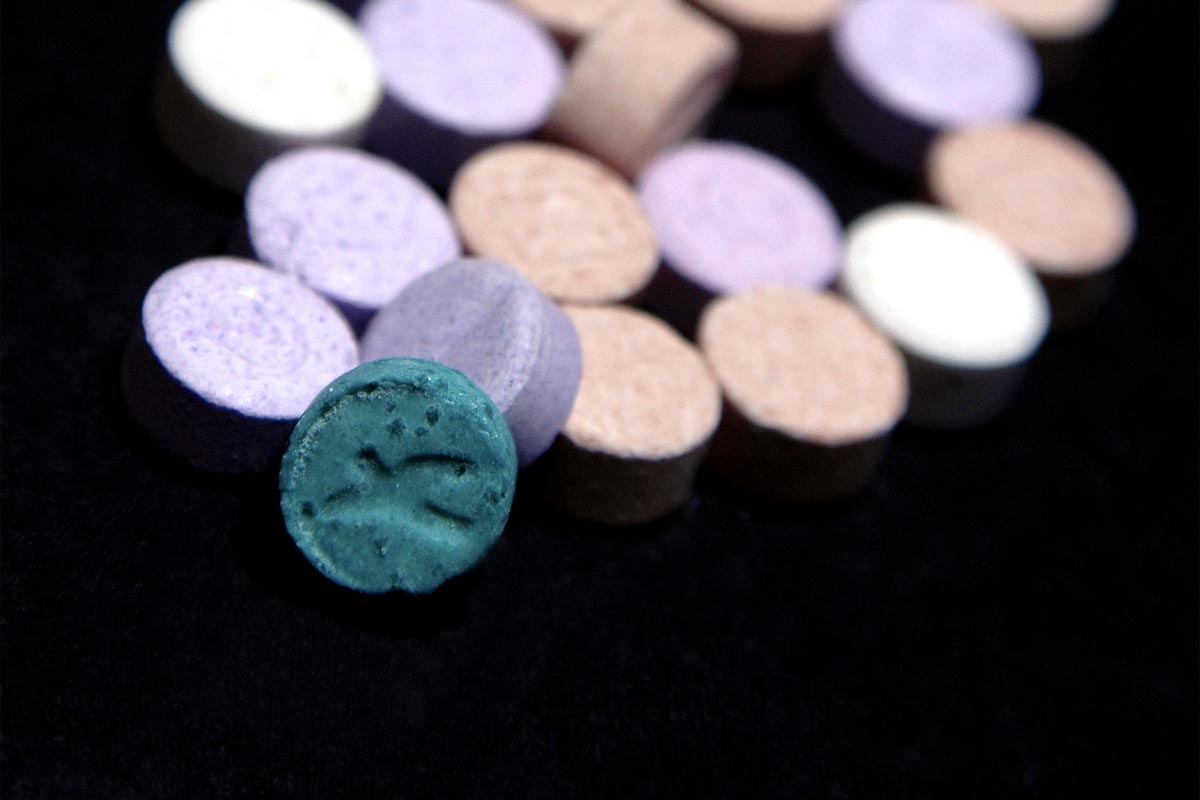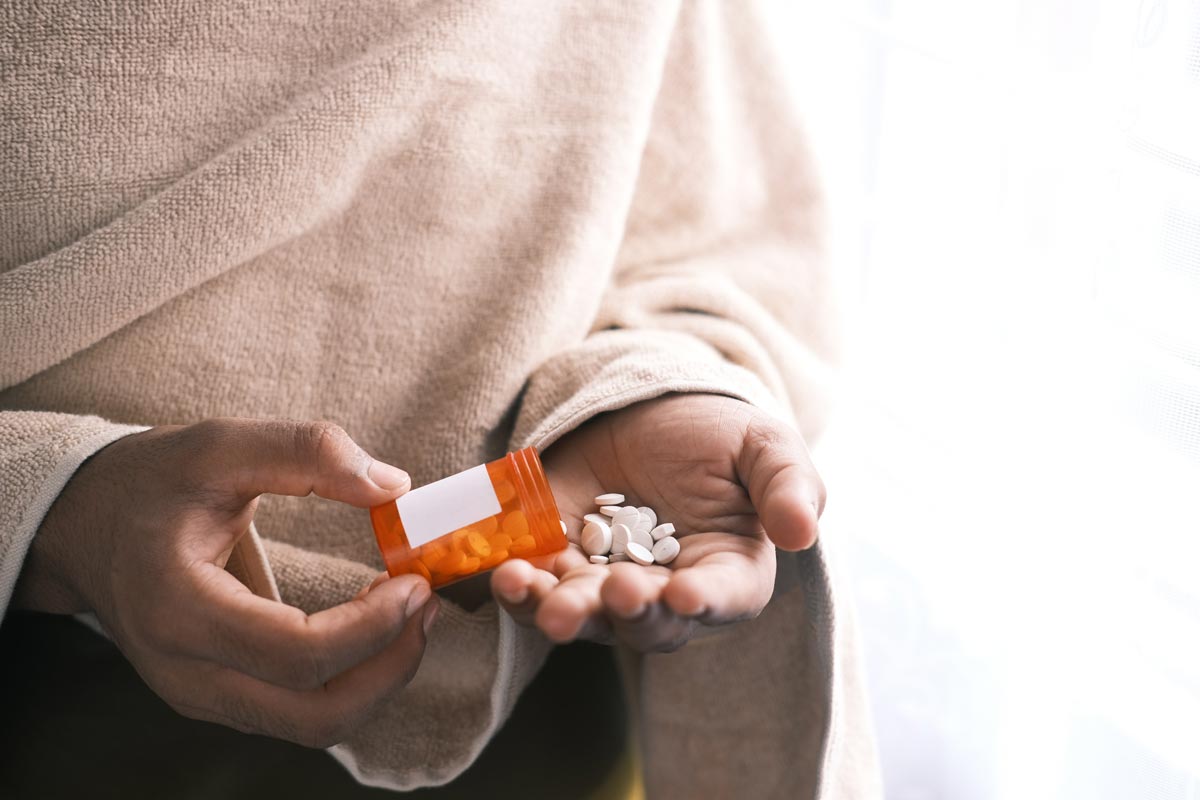Did you know that more than half of people will consume alcohol or drugs in the year following discharge from rehab? Or, that between 25 percent to 35 percent of people who complete addiction treatment will be readmitted to treatment within one year — and that 50 percent will be readmitted within five years?
Recovery from a substance use disorder doesn’t stop when rehab ends, which is why many addiction experts recommend considering aftercare as a form of continued treatment. Just like rehab, there’s no one-size-fits-all approach and you can choose from a variety of options, including:
- Outpatient and partial hospitalization programs
- Group counseling
- Individual therapy
- 12-step programs
- Support groups
- Sober living homes
3 Reasons to Choose Aftercare
Aside from relapse prevention, there are many reasons to take advantage of an individualized aftercare strategy. Here are a few of the benefits:
1. You’ll ease the transition from rehab to “real-life.” Aftercare helps smooth the transition from life in treatment to life with family, work or school, and other responsibilities.
2. You’ll build a support system. Surrounding yourself with others who have been in the same position and are serious about making a change for the better can help keep you accountable and re-energized as you continue to move forward.
3. You’ll learn life skills. Perhaps one of the greatest benefits of aftercare support is the guidance and coping skills you’ll learn to address, including:
- Dealing with triggers and cravings
- Managing stress, anxiety and/or anger
- Preventing relapse
- Rebuilding relationships
- Starting a career
An Entire Continuum of Care & Support
10 Acre Ranch offers a multitude of addiction treatment programs in order to provide the appropriate level of care to each individual. The program best suited for you or someone you love will depend on the length and nature of your addiction prior to entering treatment. To find out more about the various stages of treatment, call today: 877-228-4679.


